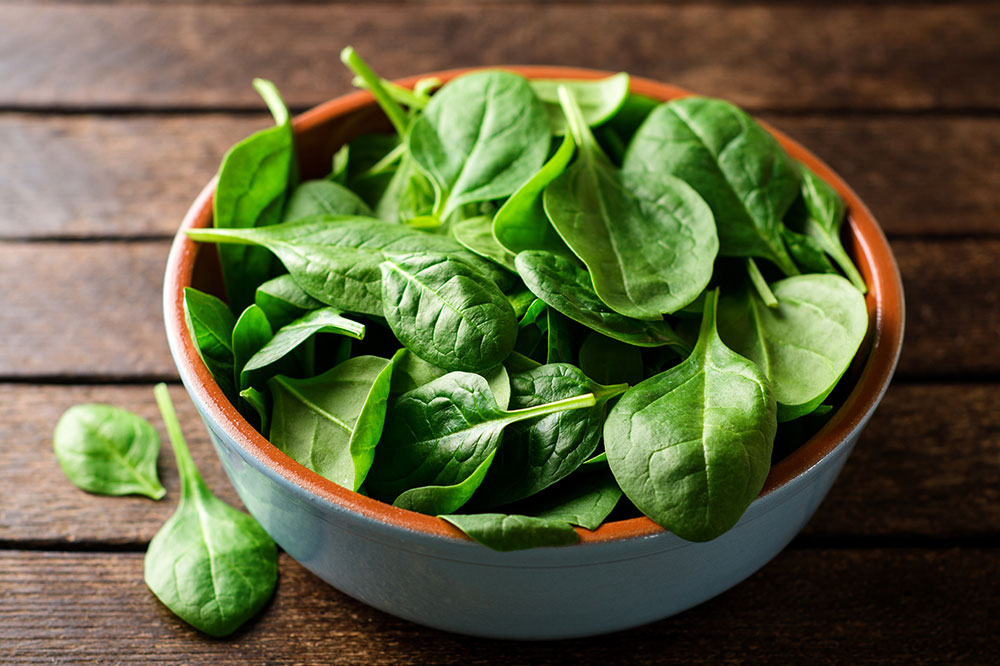7 best foods that help manage seizures

Seizures are commonly sudden bursts of electrical energy in the brain. In most cases, these may be uncontrollable, causing the patients to change movements, levels of consciousness, and emotions. Hence it’s essential to look out for the condition’s symptoms and seek treatment. Further, one can change their food habits to manage the condition better. Keep reading to learn about the common symptoms and a few nutrient-rich foods that may help manage seizures.
Symptoms
Today, there are various types of seizures, and their symptoms can vary depending on their type – Partial or primary generalized seizures. While some patients can have mild symptoms, for others, they can turn out to be severe enough to affect daily activities. Therefore, here are some of the common symptoms of a seizure to keep an eye out for.
- Emotional changes – Fear, anxiety, or deja vu
- Uncontrollable jerking movements in both arms and legs
- Muscle stiffness
- Blank staring spells
- Temporary confusion
- Loss of consciousness
Top 7 foods that can help manage seizures
Typically, when trying to manage seizures and their accompanying symptoms, one can be suggested certain changes to their meal plans. Generally, these foods are advised to reduce the frequency of seizures, paving the way for better management. Some of the foods that can be opted for include:
Spinach
Leafy green vegetables such as spinach are rich in the nutrients the body needs. This encompasses vitamins and minerals. Especially magnesium, which can help calm the nervous system. Thus reducing the seizure activity in the brain. Moreover, leafy green vegetables have a low carbohydrate content and can aid in the reduction of inflammation in the brain.
Therefore, in addition to spinach, one can opt for leafy green vegetables like kale and Swiss chard to manage the condition and reduce seizures.
Salmon
Patients who have seizures are at an increased risk for heart attacks. Consequently, healthcare professionals suggest the regular assumption of omega-3-rich foods like salmon to stabilize heart rhythm. Additionally, the omega-3 content in such foods can subside the brain cell excitability in patients. This may have a positive effect and aid in the curbing of seizures.
If needed, one can also choose other food options like flaxseed, tuna, sardines, herring, and walnuts to meet their nutritional needs.
Eggs
Eggs can be considered one of the best foods for managing seizures and providing the body with much-needed energy that can help the body fight infections and other illnesses. Further, eggs are made of amino acids utilized by the body to repair and build new tissues.
So, in addition to eggs, one can consume lean protein foods like lobster, shrimp, and scallops. If one is seeking vegetarian options, one can choose foods like beans and tofu to keep their body nutrition at optimum levels.
Strawberries
Fresh fruits like strawberries have a low carbohydrate content and are high in antioxidants. This can help one fight against the free radicals in the body and inhibit inflammation. Besides, the fruit contains high amounts of other necessary nutrients such as manganese, potassium, and Vitamin C, which can effectively promote one’s overall health and aid in the prevention of diseases.
One can consume the fruit as a whole or opt for smoothies for easier consumption. In addition to the above, one can pick strawberry powders and add them to the breakfast cereals. But while consuming the product, one must limit their usage to either 5 grams or two tablespoons of the powder. This way, one can avoid other health issues like bloating and indigestion.
Coconut oil
Most foods from a keto-inspired meal plan can benefit the body and nervous system—especially coconut oil which has proven benefits for oral health. However, the benefits of the oil do not stop there. It is rich in medium-chain triglycerides (MCTs), which effectively burn calories and induce ketosis – a process through which the MCT gets converted into ketones. This reduces the excitability of brain cells and finally controls the development of seizures in the patient.
Hence, healthcare professionals consider coconut oil one of the best foods to help manage seizures and suggest it to patients to reduce the frequency.
Avocado leaf extract
Avocados are rich sources of nutrition. They contain large amounts of Vitamin B6, Vitamin K, Vitamin C, magnesium, potassium, omega-3 fatty acids, and beta-carotene. Supplementarily, the leaves of the plant have additional benefits beyond nutrition. They can be used to control seizures and their associated symptoms. Considerable research suggests that the extract improves the transmission of GABA (gamma-aminobutyric acid) – a primary inhibitory neurotransmitter in the brain. This proves beneficial in managing epileptic seizures in patients.
Water and other fluids
Sometimes, when one does not keep hydrated throughout the day, it can lead to an imbalance of electrolytes. This can put the patients at risk of developing convulsions – involuntary jerky movements and can cause the onset of epileptic seizures. Therefore, one must drink at least eight glasses of water daily to remain hydrated and avoid seizures.
In case one feels dehydrated, one must check the color of the urine. If the color is darker than lemonade, it indicates dehydration. On the other hand, if one finds the urine clear with hints of yellow, then there is no cause to worry.
In addition to consuming the foods mentioned above to help manage seizures and recurring symptoms, one must consult a healthcare professional immediately. Doing so will help the expert rule out any other possible health issues. A proper diagnosis and timely intervention will help the healthcare professional formulate a suitable treatment plan. They might even suggest lifestyle and dietary changes for rapid improvement along with the plan. Therefore, it is important to get timely health checkups and monitor your food and water intake. Also, exercise for at least thirty minutes every day to remain fit.



